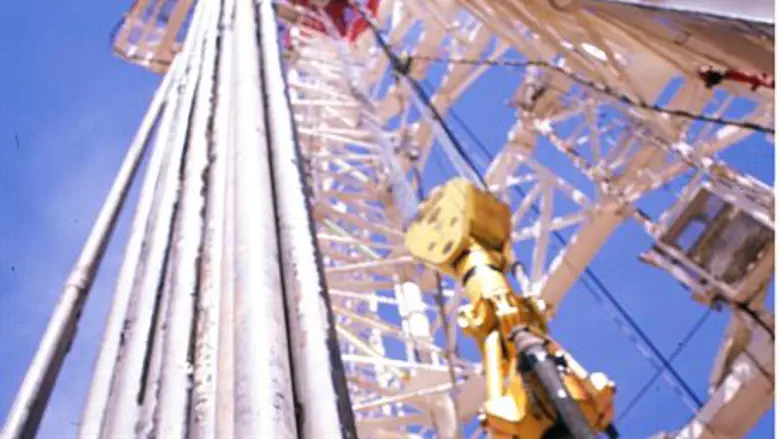
Egypt announced this week the discovery of a new gas field in the Deepwater West Nile Delta area.
Although the news was posted Sunday on the website of the Society of Exploration Geophysicists, Suez Canal University Chapter (SEGSCU), it came as no surprise to oil engineers: BP Petroleum had already released information about the find in late November.
According to BP Egypt, gas was struck at a depth of 6,350 meters (approximately 21,000 feet), some 80 kilometers northwest of Alexandria.
“The Hodoa discovery further demonstrates the great potential the deep reservoirs in the Nile Delta,” said Mike Daly, BP's executive vice president of exploration.
BP operates and holds 80 percent of the West Mediterranean Deepwater concession with RWE Dea holding the remaining 20 percent.
The Hodoa discovery was drilled by the Pride North American Semi-Sub rig, in a water depth of 1,077 meters. The WMDW-7 well constituted the first successful Oligocene Deep Water drill in the West Nile Delta area.
BP's operations in Egypt span almost 50 years, according to the company's website, with investments of more than $17 billion – making the firm the single largest foreign investor in the country. BP Egypt has been responsible for the gas and oil discoveries in the Giza, Taurus, Libra, Fayoum and Ruby wells in the Pliocene, as well as the Raven well in the deeper Miocene formations.
According to the Egyptian daily Al Gomhuria, Egypt's proven gas reserves rose to 79 trillion cubic feet. However, the government provided no further details, according to the report.